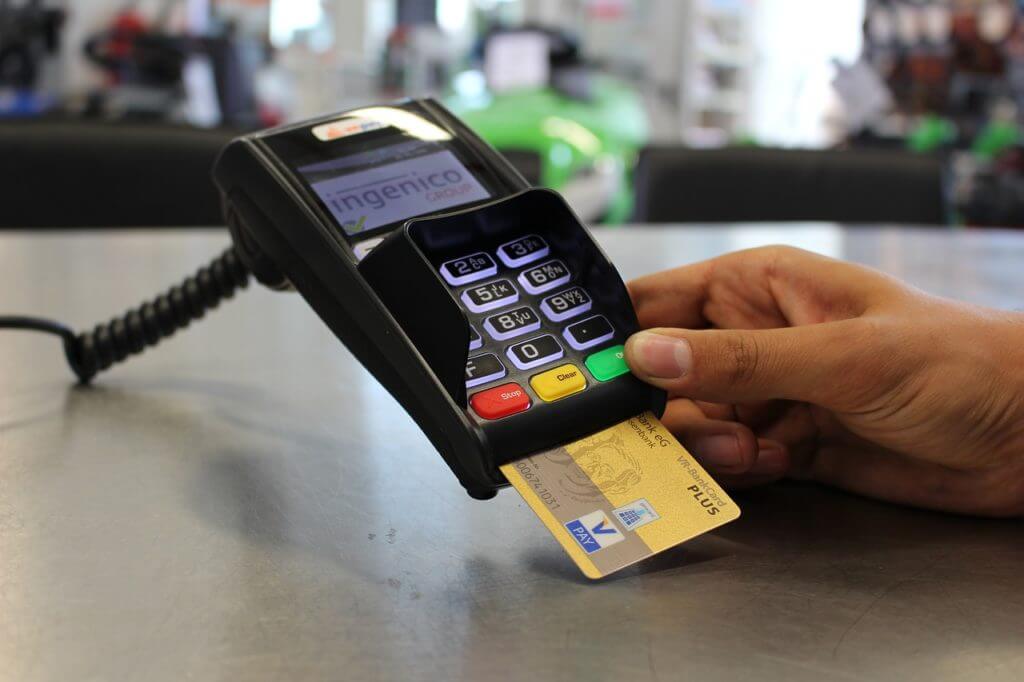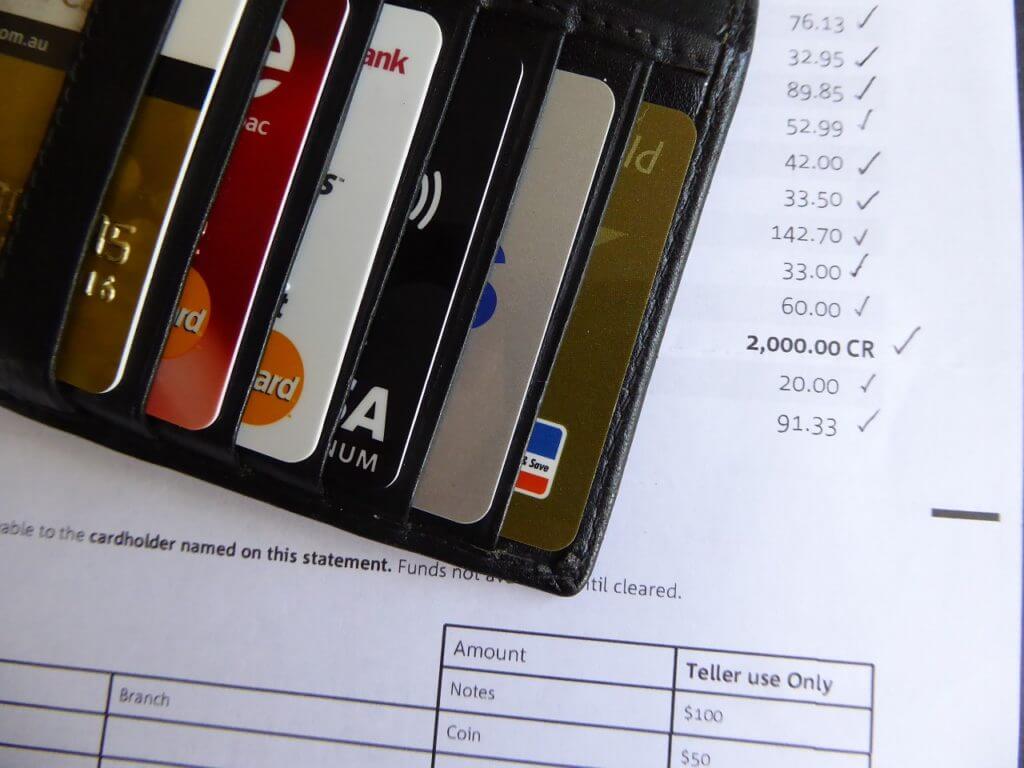Whether you want to apply for a credit card, store card or something larger like a loan or a mortgage, your credit rating is something that you should be taking good care of. In fact, if you have a poor credit rating, you are going to want to fix that before applying for credit. Learning how to improve your credit rating is a very important part of clearing up your financial situation.

How to improve your credit rating
The first thing to do before applying for credit is to find out what your credit rating is, as you may not need to do anything at all. If, however, you have a bad credit rating or no credit rating at all, then there are things you can do to help improve it.
Borrow money and then pay it back
It’s a common misconception that if you have never been in debt, that you are an excellent customer for lending to. The only way that lenders will know what type of borrower you are is to find out how you have behaved with borrowing in your financial history. Simply never having borrowed does not mean that you will act responsibly and pay back what you owe on time.

Never having borrowed can actually show up as a negative on your credit history. One way to begin to fix this, is to borrow…even in small amounts such as a hundred dollars on a credit or store card, and then pay back diligently.
Wait until you get your credit card statement – don’t pay the balance off until you get the statement (credit card companies don’t like that) Always pay the balance completely off before the due date on the bill. This will build up a good credit rating for you.
Close down any “dead” accounts
If you have bank accounts, credit cards, store cards or similar that you don’t use, close them down. Empty and inactive credit cards may look badly on your finance history as they show neglect from non use. Unused accounts show up as dormant in credit searches, and dormant is not a good sign for any lender.
Show stability

Stable home, job, utility bills, even phone bills! Give every indication of stability you can, in the form of all of your financial commitments and living arrangements. Even being on the electoral register shows up as a positive on your credit rating as it all reflects stability for the lender.
Statutory Credit File
Your statutory credit file is an account of your bill paying habits, particularly home bills such as council tax, gas, electricity and water. Not paying these bills on time, regularly, or being in debt with them, being cut off or being taken to court in order to pay any of these bills will show up as a credit red flag to lenders.
Your statutory bills are considered the most essential bills for daily living and so any irresponsibility relating to what is considered the essentials of life, will look bad to people who are thinking of lending you extra. If you cannot take care of your home, how are you going to take care of your debt?
Consolidate or pay back any existing debts

Although you will still get credit if you have existing debts that you are managing, if you can pay off any existing debts, then it is a good idea to do so. Paying back debt is good for your credit rating, but paying it off completely is even better.
Ben is a financial advisor at OracleFinance. He is always happy to give advice on all kinds of financial products.
Say Goodbye to Debt and Hello to Freedom!
